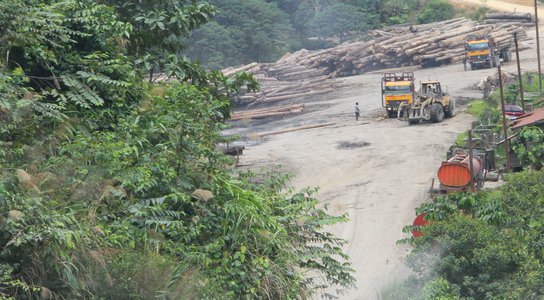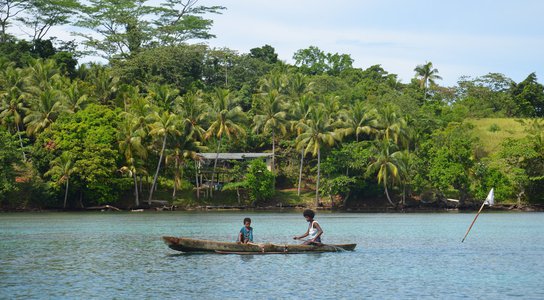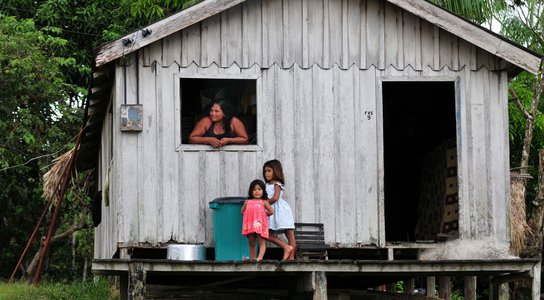The earth is 4.6 billion years old. If you scale that to 46 years, we have been here for four hours, and in that time we have destroyed well over half of the world’s forests. This destruction is accelerating, to the point that every minute 50 soccer fields-worth of forest is lost.
At the helm of this rampage is the logging industry, which is supported by a very powerful PR machine and the actors who buy into it. The world’s timber tycoons have duped us on two fronts – firstly into thinking that our appetite for cheap rainforest timber is essential and sustainable, and secondly that they are doing good in some of the world’s poorest countries, by creating jobs and much-needed infrastructure like schools, hospitals and roads.
Neither is true. Global Witness investigations in countries like Cambodia, the Democratic Republic of Congo and Liberia have revealed the industry’s trail of corruption, state looting and environmental destruction. Benefits promised to communities consistently fail to materialise, and traditional forest livelihoods vanish while a small elite grows rich.
Despite this, the logging industry has received hundreds of millions of dollars in aid money from the likes of the World Bank and the EU for so-called ‘sustainable forest management’. Global Witness has repeatedly called for empirical evidence of the development benefits of this investment, but it seems such proof is lacking.
It’s not just the aid community that’s bought into this myth-making. Beyond the more obvious cast of corrupt officials, warlords, and banks, Global Witness has revealed how even the ‘good guys’ play their part in propping up the timber regime – including the World Wildlife Fund and the global timber certifier the Forest Stewardship Council.
The good news is that we can still save our forests. First though, we need to unpack and dispel the fictions sold to us by the logging industry and their allies. In place we need a new paradigm that sees forests not as a source of timber that can be liquidated for easy cash, but as a global lifeline in need of defence.
This requires reducing demand for products that drive forest destruction, an end to hidden subsidies for industrial logging in aid packages, and more stringent monitoring of private forest finance. Power must then be shifted back to forest communities, through the recognition of their land rights and the promotion of new models of forest management that are local, legitimate and truly sustainable – Development without Destruction.
You might also like
-
Campaign Forests Under Threat
As global demand for products like wood, paper, beef and palm oil continues to rise, companies are encroaching ever deeper into the world’s dwindling forests.
-
Campaign Forests
Irresponsible businesses including financial institutions are driving the destruction of climate-critical tropical forests, and the communities and biodiversity that rely on them.
-
Forest Stories
Millions of people live in forests and depend on them for almost everything. Hear from communities taking a stand against deforestation.